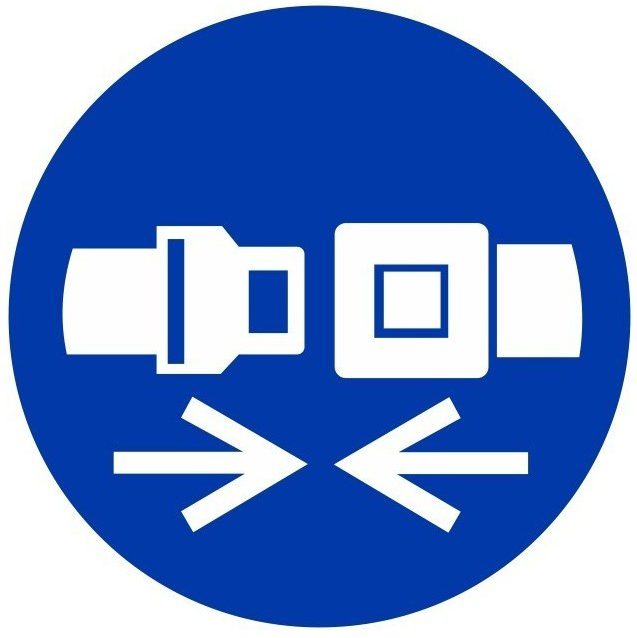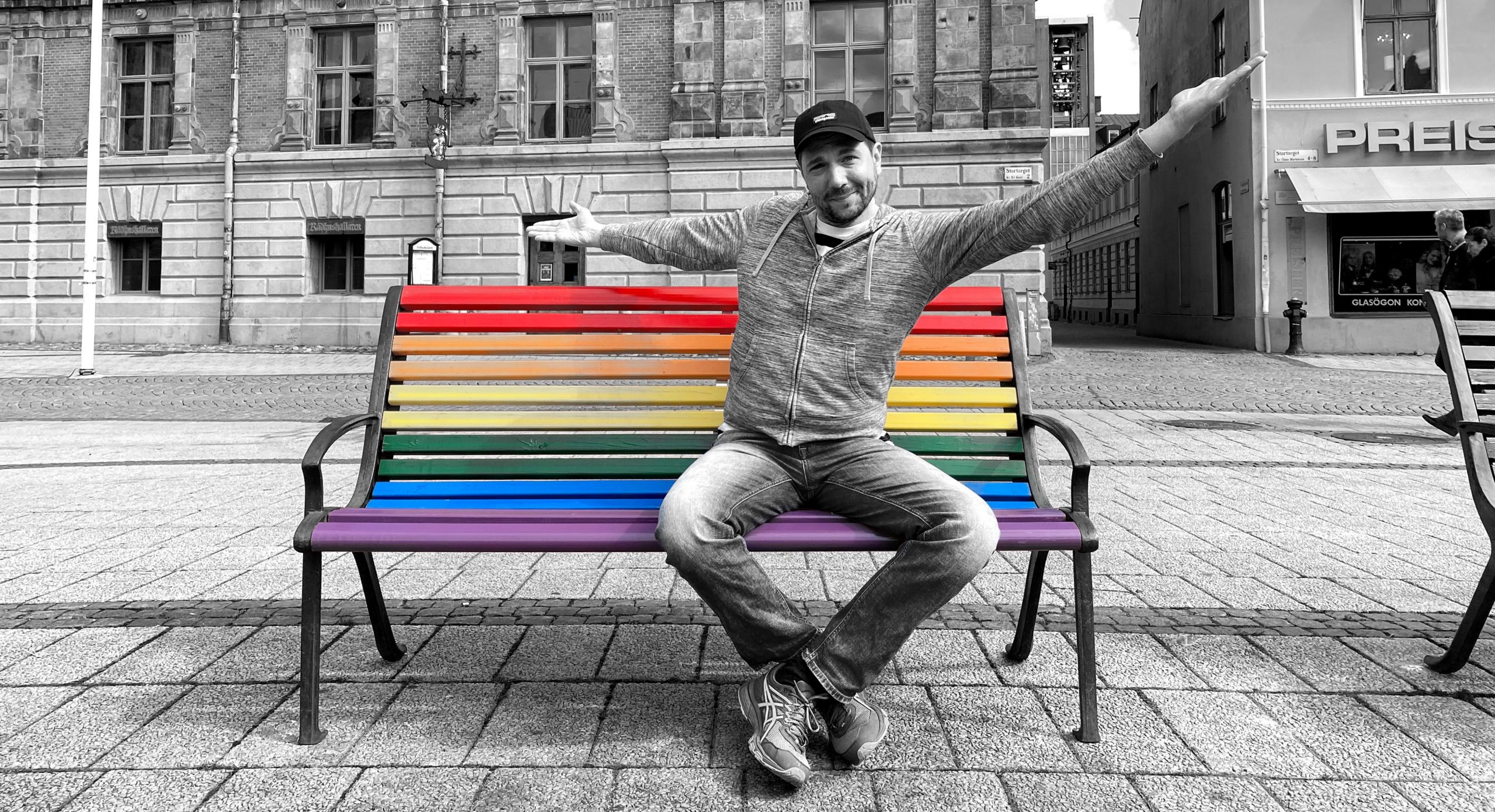Listen and repeat: “My teacher is too busy.” – beep: …
Three thoughts remain on my mind after module two:
- The irrepressible optimism that came along with technical or digital changes and innovations in the world of education and the rude awaking in schools and universities when these new technologies and revolutionary new methods were rather clumsily rolled out.
- The again reactant (see my post on Module 1) feeling I get as a teacher, PhD candidate, department administrator, content creator, librarian, tutor, additional parent, or “buddy” to at least ten of my students, proof-reader, course coordinator and “social things in my department manager” when I hear the appeal to be more generous with my time towards students or in the HE context (Wiley, 2010). You excuse that I am giggling for a second (and my sarcasm as well). Just for the record: I teach in Germany.
- Why should the “world of education” or science follow other mechanisms than other areas of society? When something is produced (and education can be seen as a service, e.g., Ng & Forbes, 2009) it is not too surprising that mechanisms of a market economy click in and openness and accessibility concurs with intentional shortage and limitation.
I’ll pick the first point to dive in a little bit deeper and share some thoughts and (in this case) memories that came on my mind. But let’s start from the beginning:
When I was in middle school in the early nineties in Germany, I felt the last traces of a reformed education (or something that was once supposed to be little technical and didactical revolution) that was meant to change education tremendously – there were learning landscapes (classes and courses of a whole grade were taught in a big landscape with flexible tables and chairs, without walls that formed classrooms but movable room dividers by teachers applying “collaborative peer teaching”), there was a “Mediothek” – a Media Learning Centre providing self-study material in boxes on earthquakes and volcanos or the double helix and even an “audio bar” where students could listen to an audio lesson on Prokofjew’s “Peter and the Wolf”. Every week, at least one English or French lesson of a course (classes as such were abolished – too conservative) was taught in the “language lab” – I don’t know if this is a German thing. There were 30 Tables in a windowless classroom, equipped with special tape recorders that allowed students to listen via earphones to pre-recorded exercises matching the programmed textbook (“English in Action 6B/C” or “Méthode Orange 8”), repeating phrases, completing fill in the blanks exercises, and taking grammar self-tests. The teacher sat at a control unit table and could listen to the students when selecting their switch, talk to them via the earphone to give feedback and grade them by monitoring their learning progress. There were even slide projectors connected to tape recorded programs: “How to get to Britain? We can go there by Hovercraft…” – these were the days…).
Why am I so detailed here? This was the world of the reformed and democratic education how it was designed and planned in the seventies. The traces of this that I could feel in 1992 looked a little bit different: The material presented in the “Mediothek” was outdated or the “learning boxes” were incomplete, the position of a “Medienpädagoge” was cut down – too expensive for the public system. No teenager wanted to listen to Prokofjew in a free lesson (air hockey, pool billiard or smoking on the toilets were much more convincing obviously). The “language lab” was not used as planned by teachers anymore. Too much technical hassle – broken tape recorders, inoperative student tables and no technical literacy when using the system and it was extremely time consuming to prepare a lesson technically. So, I remember us sitting there with our headphones and microphones on (I remember the electric smell there) and a teacher trying several times to get the thing started, giving up in the end and giving an English or French lesson “the old school way”. I must have been the last generation that went through this. When I changed to high school, the “language lab” was removed and replaced by a “Computer Class-Room”, that must have been 1997 – hm… I can understand that lots of teachers were quite sceptical about that promised new era of education – “In a few years, we will use computers for everything in schools”. Been there, done that – in the end I will stand at the blackboard telling them “yesterday, ago and last: always use the simple past” – that’s what they’ve probably thought.
Link to a picture of a “language lab”:
In his presentation, Wiley (2010) describes a very optimistic future educational culture that is characterized by sharing through the limitless possibilities of data and information processing and exchange. I am sure, that those scholars who developed the “new era” pedagogy of the German seventies and eighties felt similarly optimistic. A new and democratic teaching should be possible through new and modern technologies – all learners have equal chances to get taught, learn, teach themselves and each other in “learning landscapes”, “Mediotheken”, and “Language Labs”. But “Listen and repeat…” had its limitations that was reflected in the teachers’ technical literacies, their didactical repertoires and students’ self-motivational potential.
Of course, technically we have not been there – it was just technical, not digital. Still: I see some parallels here.
Another thing I want to add: I’d love to be more generous with my time. But there’s something coming on my mind: There’s not much to give unfortunately – time is our most important resource as scholars, researchers, and teachers. And this makes me think of an article I recently read on the marketization of education that highlighted “the need to enhance prestige and market share and the need to embrace an entrepreneurial mindset” when managing higher education organizations (Pucciarelli & Kaplan, 2016). A market is, where commercial dealings are conducted. Hm… doesn’t sound too open and democratic, does it?
If digital resilience (Weller & Anderson, 2013) can fix it? Visiting a German middle school in the early nineties, I allow myself a certain scepticism. But: it always comes down what you put in yourself. Listen and repeat. Beep.
References
Irene C. L. Ng & Jeannie Forbes (2009) Education as Service: The Understanding of University Experience Through the Service Logic, Journal of Marketing for Higher Education, 19:1, 38-64, DOI: 10.1080/08841240902904703
Weller, Martin and Anderson, Terry (2013). Digital resilience in higher education. European Journal of Open, Distance and e-Learning, 16(1) p. 53
Wiley, D. (2010). TEDX NYED https://www.youtube.com/watch?v=Rb0syrgsH6M&ab_channel=TEDxTalks.

